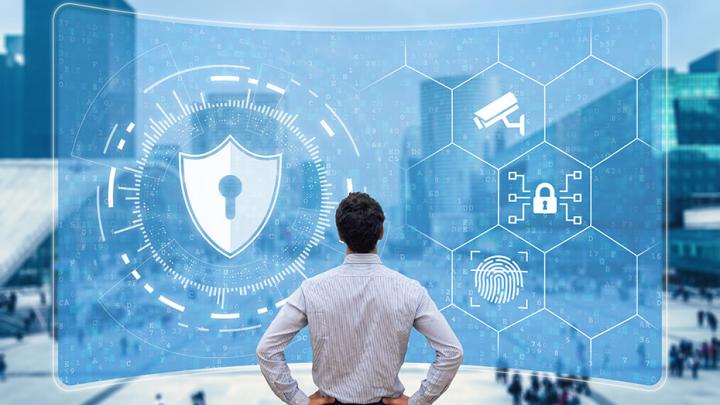Cybersecurity solutions for remote operations in the oil and gas industry are essential to protect critical assets, data, and infrastructure from cyber threats. Here are some key cybersecurity measures and solutions specifically tailored to remote operations in the sector:
-
Network Segmentation: Segment networks to isolate critical infrastructure from less critical systems. This limits the potential attack surface and the spread of malware.
-
Virtual Private Networks (VPNs): Use VPNs to create secure, encrypted connections for remote access to industrial control systems (ICS) and supervisory control and data acquisition (SCADA) systems.
-
Multi-Factor Authentication (MFA): Implement MFA for remote access to systems and sensitive data to ensure that only authorized personnel can log in.
-
Endpoint Security: Secure remote devices and endpoints with robust antivirus, anti-malware, and intrusion detection systems.
-
Secure Remote Desktop Protocols: Use secure remote desktop protocols to access and manage systems remotely while encrypting data transfers.
-
Security Awareness Training: Educate employees about cybersecurity best practices and potential threats, as human error is a common entry point for cyberattacks.
-
Firewalls and Intrusion Detection Systems (IDS): Deploy firewalls and IDS solutions to monitor network traffic, identify anomalies, and block unauthorized access.
-
Patch Management: Keep systems and software up to date with the latest security patches and updates to address vulnerabilities.
-
Security Information and Event Management (SIEM): Implement SIEM systems to centralize and analyze logs, allowing for real-time threat detection and incident response.
-
Zero Trust Architecture: Adopt a zero-trust model, which assumes that no one and nothing inside or outside the network is trustworthy until verified.

-
Remote Monitoring and Management: Utilize remote monitoring and management tools to maintain the security of remote assets and to respond to incidents promptly.
-
Access Controls: Enforce strict access controls and role-based permissions to limit the privileges of remote users and devices.
-
Backup and Disaster Recovery: Regularly back up critical data and systems and develop a comprehensive disaster recovery plan to ensure business continuity in case of a cyber incident.
-
Incident Response Plan: Develop and regularly test an incident response plan that outlines procedures for identifying, containing, and mitigating cybersecurity incidents.
-
Regulatory Compliance: Ensure that remote operations comply with industry-specific regulations and standards related to cybersecurity and data protection.
-
Third-Party Vetting: Thoroughly vet and monitor third-party vendors who have access to your systems and data, as they can introduce potential security risks.
-
Encryption: Encrypt data both in transit and at rest to protect it from eavesdropping and unauthorized access.
-
Continuous Monitoring: Implement continuous monitoring solutions to detect and respond to emerging threats in real-time.
-
Penetration Testing: Regularly conduct penetration testing to identify vulnerabilities and weaknesses in your remote operation systems.
-
Employee Training: Continually train and raise awareness among remote employees about cybersecurity best practices and social engineering threats.
Cybersecurity for remote operations in the oil and gas industry is vital for safeguarding critical infrastructure, data, and operations from cyber threats. It requires a proactive and holistic approach, including secure network design, employee training, and continuous monitoring and adaptation to address evolving threats.






